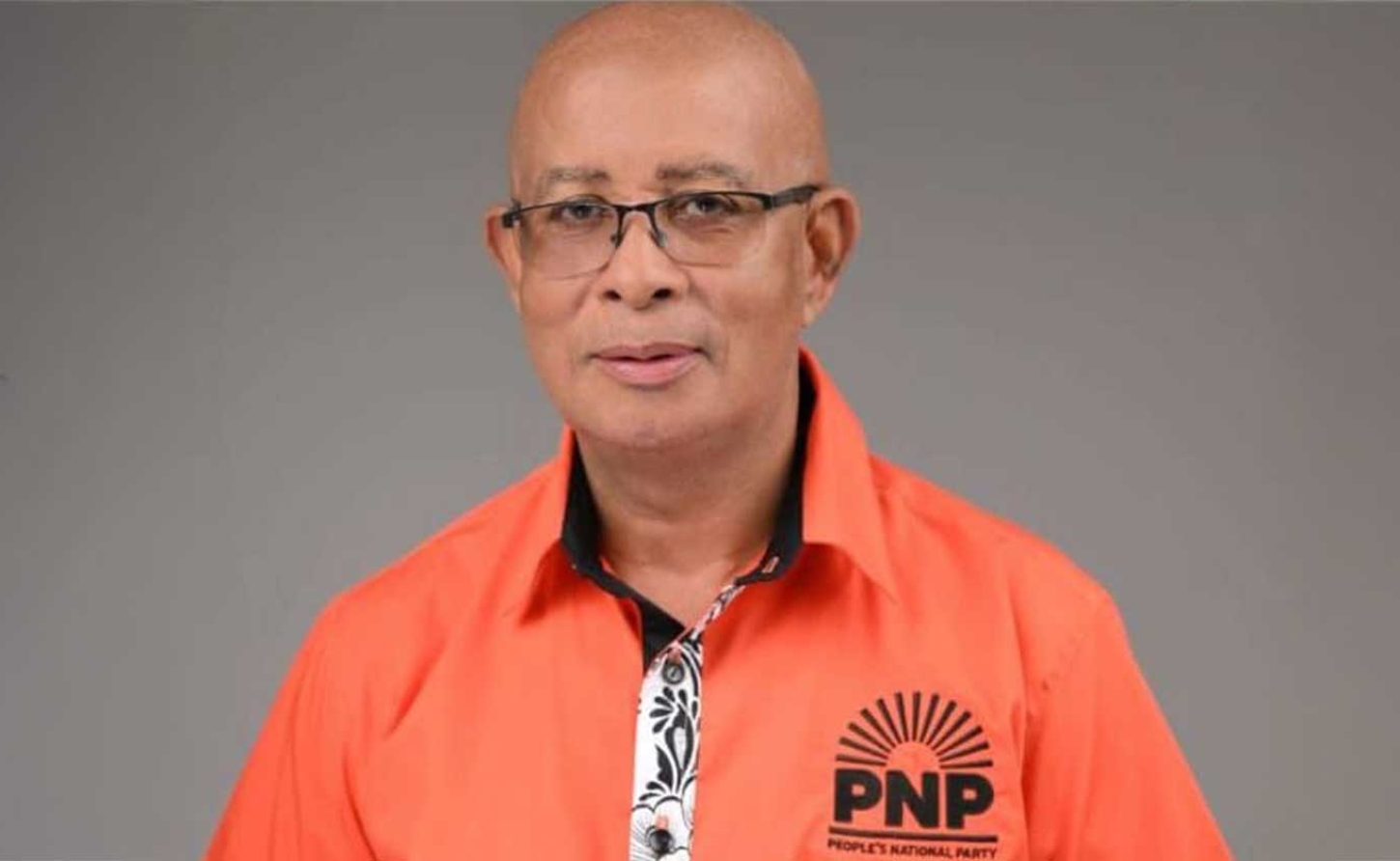JAMAICA | Two Tales from the Polling Station: Spanish Town Mayor Claims Victim Status as Assault Charges Loom

MONTEGO BAY, Jamaica, September 12, 2025 - The narrative emerging from a St. Elizabeth polling station on September 3 splits like a machete strike—on one side, police charges against Spanish Town Mayor Norman Scott for assault; on the other, his explosive claim that he was the mob's victim, not its aggressor.
The Charges and Official Version
According to Black River police, the story reads simply enough: Mayor Norman Scott, 66, overstayed his welcome at a polling station in St. Elizabeth during Jamaica's general election. Scott was the PNP candidate seeking to unseat Franklyn Witter in St. Elizabeth South Eastern.
When an agent attempted to inform him his allotted time had expired around noon, a "commotion" ensued. Another agent's intervention allegedly resulted in Scott striking them in the face before his security detail whisked him away.
The charges now facing Scott—assault occasioning actual bodily harm and malicious destruction of property—paint him as the perpetrator of election day violence.
Police moved swiftly, launching an investigation that culminated in formal summons served on Friday, with Scott scheduled to face the Santa Cruz Parish Court on October 13.
Yet this official account, built on the premise of Scott exceeding his time, appears to crumble under legal scrutiny.
The Counter-Narrative
Attorney Charles Ganga-Singh's statement demolishes the foundation of the police narrative with surgical precision.
As a candidate, Scott was legally entitled to visit the station three times on election day, with five minutes allocated for each of the five polling divisions housed there—a total of 25 minutes per visit. The math is elementary but devastating: Scott had every legal right to be exactly where he was.
This isn't merely about disputed time limits—it's about an entirely fabricated pretext for what followed.
According to Ganga-Singh, the Spanish Town mayor wasn't the aggressor but "the victim of an unprovoked attack by a mob of Jamaica Labour Party supporters."
Scott didn't simply leave with his security detail; he had to be "rescued" by them, along with members of the Jamaica Defence Force, just to escape the premises safely. The presence of JDF personnel suggests a situation far more volatile than any dispute over legally allotted time.
Most damning is what Ganga-Singh calls "curious" and "troubling"—the complete absence from public police reports of any mention of this alleged mob attack, despite Scott formally reporting the assault against him.
The omission has prompted Ganga-Singh to issue a direct challenge to the highest levels of law enforcement, calling on the Police Commissioner himself to "come out and explain to the people of Jamaica what is going on."
The Troubling Gaps
This demand for explanation from the Police Commissioner transforms the case from a local incident into a test of institutional integrity. Ganga-Singh's public challenge suggests something beyond mere oversight—it implies a systemic failure or deliberate manipulation that requires explanation from the very top of Jamaica's law enforcement hierarchy.
The revelation about Scott's legal entitlement to 25 minutes per visit raises the stakes dramatically. If police reports can misrepresent basic electoral law to justify charges against a mayor, while simultaneously erasing reports of mob violence against him, we're witnessing more than selective documentation—we're seeing potential fabrication that demands accountability at the highest levels.
Why would police reports omit mention of JDF involvement? Military personnel don't typically appear at polling stations for time disputes that shouldn't even exist under electoral law. Their presence alone suggests an escalation that the official charges not only fail to acknowledge but actively misrepresent.
Political Context and Stakes
The direct appeal to the Police Commissioner elevates this beyond a simple assault case. It's now a public challenge to the credibility of Jamaica's law enforcement during elections.
Norman Scott isn't just any mayor—Spanish Town, Jamaica's former capital, remains a crucial political battleground where control translates to significant influence over national politics.
The reference to "Jamaica Labour Party supporters" in the attorney's statement explicitly politicizes what police reports present as a procedural violation—a violation that apparently never occurred.
This framing suggests not random violence but targeted political intimidation, disguised behind the false legitimacy of time limit enforcement, with potential complicity or incompetence at institutional levels.
What Happens Next
October 13 looms as more than a court date—it's a reckoning for whether Jamaica's justice system can distinguish between legitimate law enforcement and political persecution dressed in procedural clothing.
But before then, all eyes turn to the Police Commissioner's office, waiting to see if the nation's top cop will answer Ganga-Singh's challenge to explain "what is going on."
The attorney's demand for public explanation suggests confidence that transparency will vindicate his client. It also places immense pressure on law enforcement to justify not just the charges, but the glaring omissions in their own reporting.
Until the Commissioner responds and the court proceedings reveal what truly transpired, Jamaica is left with a crisis of credibility that reaches from a polling station in St. Elizabeth to the highest offices of law enforcement.
-30-
